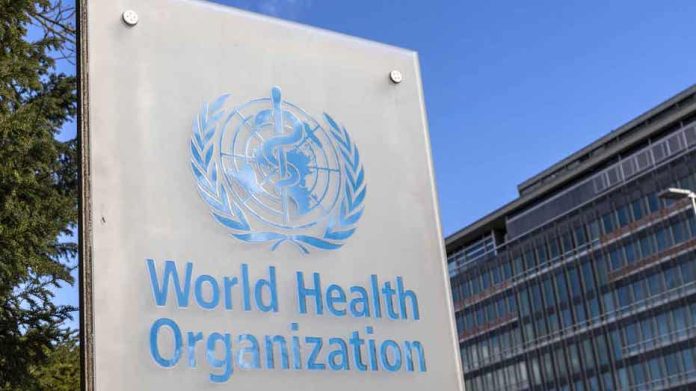Chinese health officials said Thursday that they have not detected any “unusual or novel diseases” regarding an increase in respiratory illnesses and pneumonia in children, according to the World Health Organization (WHO).
The WHO requested more information from China on Wednesday as several groups, including the Program for Monitoring Emerging Diseases, reported clusters of undiagnosed pneumonia in children in northern China.
According to the WHO, outside scientists said the situation called for close monitoring, but they were not convinced that the recent spike in respiratory illnesses in China signaled the start of a new global outbreak.
WHO noted on November 13 that authorities at China’s National Health Commission (CNHC) reported an increase in respiratory diseases, which they said was due to the lifting of COVID-19 lockdown restrictions.
US SCORES D+ FOR PRETERM BIRTH RATES, SAYS NEW REPORT: ‘FALLING FURTHER BEHIND’
Several countries, including the U.S. and the U.K. also experienced large waves of respiratory viral infections, such as respiratory syncytial virus, or RSV, in the first winter after COVID-19 restrictions were lifted as scientists said people had lower levels of natural immunity.
Through the International Health Regulations mechanism, China responded to the WHO within 24 hours, as the organization had asked for epidemiologic and clinical information as well as laboratory results.
DRINKING RAW MILK CAUSED CAMPYLOBACTER INFECTIOUS OUTBREAK IN UTAH: WHAT TO KNOW ABOUT THE ILLNESS
WHO stated that northern China had experienced a jump in influenza-like illnesses since mid-October compared to the previous three years.
WHO SEARCHES FOR ORIGIN OF CONTAMINATED COUGH SYRUP LINKED TO 6 CHILDREN’S DEATHS
The arrival of new flu strains or other viruses capable of triggering pandemics typically starts with undiagnosed clusters of respiratory illness, according to the WHO. Both SARS and COVID-19 were first reported as unusual types of pneumonia.
“No changes in the disease presentation were reported by the Chinese health authorities,” WHO said. The organization also added that Chinese health officials said the spike in patients had not overloaded the country’s hospitals.
According to the CNHC, outbreaks have swamped some hospitals in northern China and health authorities have asked the public to take children with less severe symptoms to clinics and other facilities.



